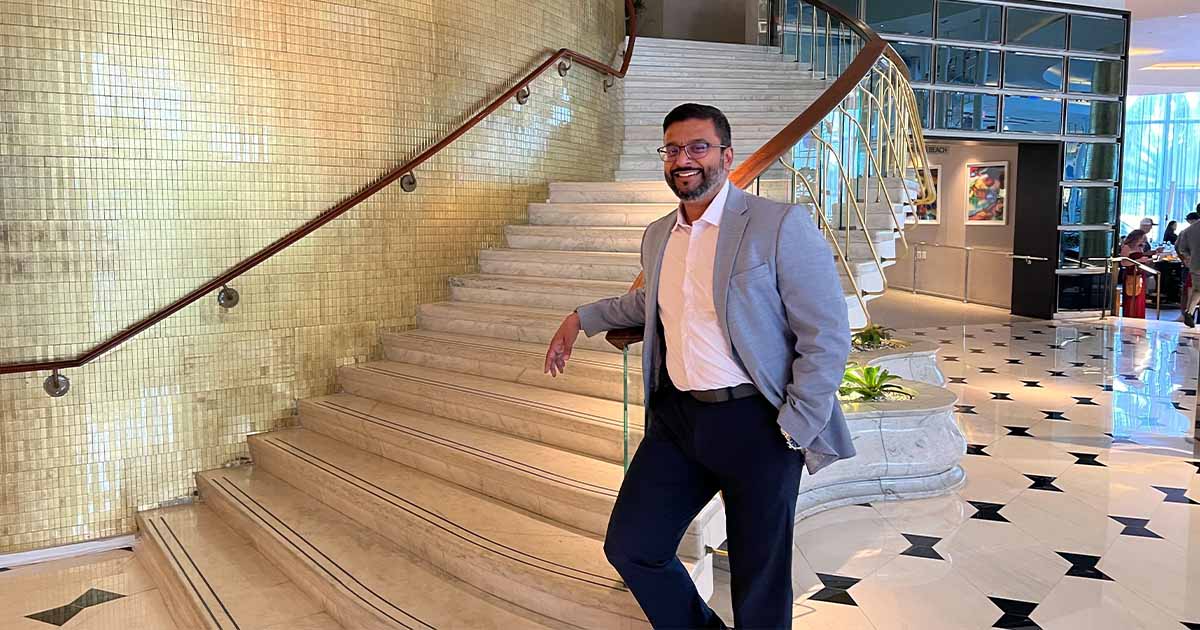What Rubbish...
Re: "Docs trained with IT say without it they feel vulnerable" (http://www.healthcareitnews.com/story.cms?id=10478)
What rubbish! So patronizing!!
It is actually the other way around. Most new graduates coming from big name schools are unable to practice in a high tech environment. They have no idea of the complexities of private practice. It is not j ust health IT that scares them.
I left medical school decades ago and have been in solo GI private practice for nearly 15 years. I have a highly connected high tech office. Just finished tossing out Microsoft Windows Server, installing Ubuntu 8.4 server, Samba, SSL/encrypted remote access file server in my office, so that my PA can stop using protected USB drives to carry data! I can securely access any patient record in seconds as a chronological PDF file.
Today when I want to send a secure medical record to a university center that prides itself ( and gets million dollar grants for Health IT and Telemedicine implementation) they moan and groan to open a secure pdf file. It took them a year to get used to it. Still it is the secretaries who get it and print the documents for docs! Today, my
84 year old patient who has a procedure in my office brings a slip of paper with his grandchild's e.mail so that I can send the secured medical record to her. She can read!
I strongly suggest you make an appointment and visit my office (if possible with your Vanderbilt IT mentors) and understand how real health IT should work in real life. By the way, we have banned CCHIT approved products from our practice for a very simple reason. They are not adaptable to our workflow and have been designed to service the insurance and Drug industry...not docs like me!
Narayanachar S.Murali, MD,
Gastroenterology Associates Orangeburg
Orangeburg, SC
Most critical element missing from payer list
Missing from BCBS' list of what is needed for healthcare reform is the SINGLE MOST IMPORTANT element of HIT systems: consumer control over personal health information. Patient Privacy Rights is not surprised. This is the same corporation that aggregates and sells the health and claims records of 79 million enrollees without their knowledge or consent via its Blue Health Intelligence business unit. Patient Privacy Rights' response to BCBS' five initiatives for reform:
We will never know what "procedures, drugs, and devices work best" because so much health data is NEVER entered into electronic systems that are designed for data mining. Today, according to HHS, 600K people refuse early diagnosis for cancer, 2M refuse treatment for mental health, and RAND found that 150K Iraqi vets with PTSD refuse treatment because of the lack of privacy, leading to the highest rate of suicide among active duty military in 30 years. The lack of privacy kills.
We will never know what "performance" is best because there is no privacy. Today, vast amounts of treatment information about many sensitive illnesses is simply NOT recorded electronically, it is off-the-grid. Nor will data about alternative treatments, diet, exercise, and all the other ways Americans address health and wellness ever be added to HIT systems that are designed for data mining. The lack of privacy means we will never have the complete and detailed research data we need for research to figure out what treatments are best. The lack of privacy means too much data is off-the-grid.
Deborah C. Peel, MD,
Founder and Chair
Patient Privacy Rights


